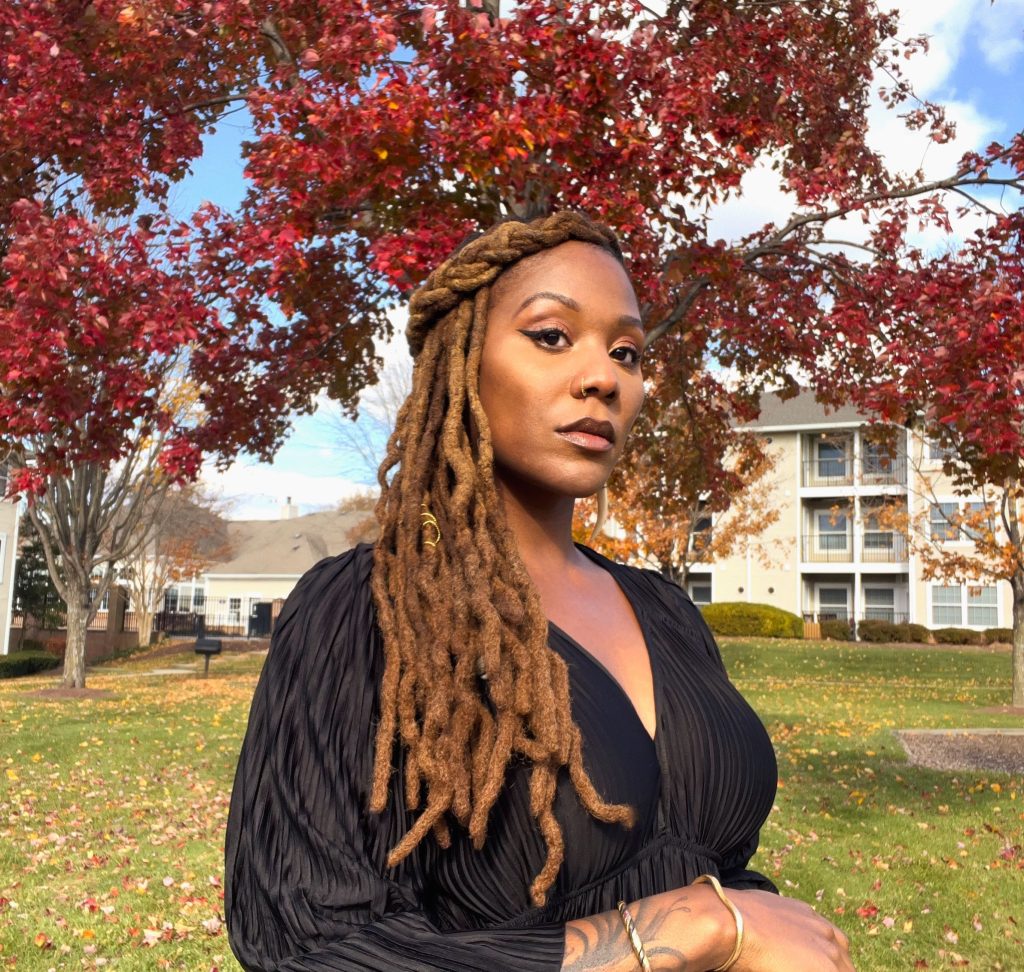
Sierra Leonean-American director Nikyatu Jusu has made “Nanny” — a remarkable feature debut which grapples with cultural alienation and familial disconnection through the life of Aisha (Anna Diop), a Senegalese immigrant who has moved to New York City with the intent of bringing her own son to the States from Senegal.
The pressure is on her right from the start. Having come here to secure a better life for her and son, Aisha deeply immerses herself in her position as a nanny for a predominantly white neighborhood in the Upper West Side. Trapped by the empty promise of the American dream, she finds her time and personal life being disregarded almost immediately.
Aisha strikes a bond with the allergy-prone Rose (Rose Decker) who follows a strict diet insisted upon by her controlling mother Amy (Michelle Monaghan), a businesswoman whose anxieties make her increasingly unstable in a male-dominated world. Her imperiled relationship with an absent photojournalist husband (Morgan Spector) — who has a roving eye — becomes obvious to Aisha. Caught in the middle of their marital problems, she faces her own fears that she may never see her son again.

But Aisha isn’t so different from the people she serves as a nanny. She has left her own child, Lamine, to be cared for by her aunt, which stirs anxiety in her. That escalates into her seeing visions which causes her to go into a trance. Director Jusu draws on aspects of West African mythology, invoking such supernatural figures as Anansi the Spider (one of the great folk heroes of the world), and Mami Wata (a seductive water spirit or mermaid with dark motives). When the time gets closer to her son’s arrival, her visions become even more foreboding.
As her first narrative feature, this former documentary director relies on the power of ambiguity and suggestion to pull the audience into this haunting supernatural drama.
As her vivid hallucinations slowly build tension and suspense, bringing fresh eyes to this widely understood world of the supernatural genre.
Director Jusu gives the audience a rare opportunity to see it from the authentic perspective of a vulnerable immigrant worker — quite a contrast from the life of a privileged New Yorker. The film also explores the exploitation and abuse domestic workers in the U.S regularly face. The film is also helped by Diop’s subtle, but moving performance, in which she informs the audience through her sincerity, and evolving emotional feelings.
While the film juggles many concepts dealing with the past, present, and future — as well as language and culture — it also effectively fuses its horror elements together to make for one powerful movie. Though it addresses profound issues, it never loses sight of Nanny’s macabre visions and disturbing messages. Nikyatu Jusu definitely reveals a unique style that puts her on the map of Hollywood’s up-and-comers.

